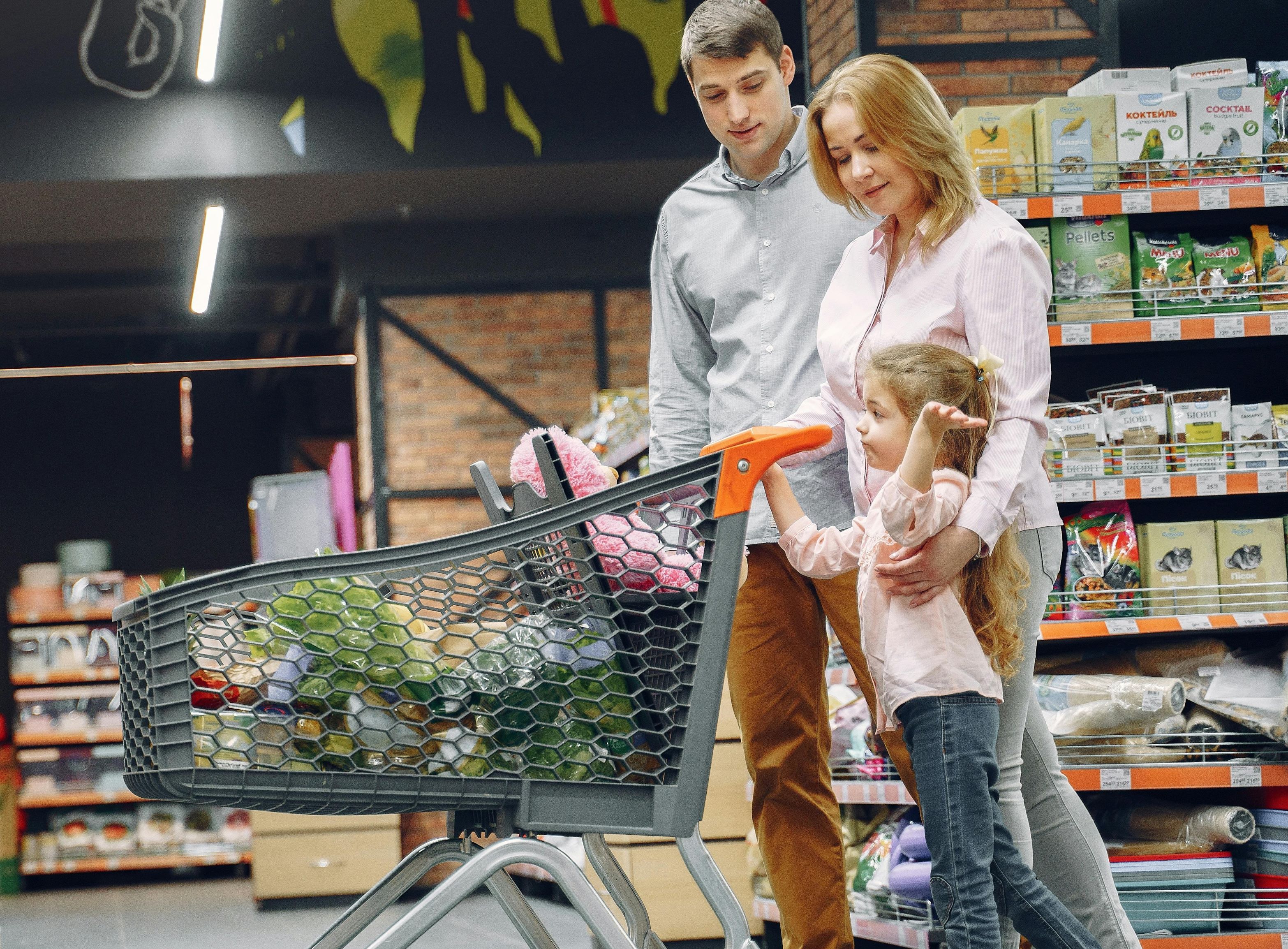Oracle Share Price Analysis: Bearish Phase, Valuation Signals and Bullish Reversal Outlook
$154.97
04 Feb 2026, 11:45

Pexels.com

The rate of shop inflation in the UK has increased for the first time in 17 months, according to the British Retail Consortium (BRC). Retailers are grappling with rising costs from higher national insurance contributions, minimum wage increases, and a forthcoming packaging tax, which may push up consumer prices. Meanwhile, Chancellor Rachel Reeves has pledged no further tax rises, defending measures aimed at balancing public finances.
1. Shop Inflation on the Rise
Shop price inflation slowed its decline in November, marking the first monthly increase since mid-2022:
2. Rising Costs for Retailers
Retailers face mounting financial challenges, with the BRC forecasting an additional £7 billion in costs for the sector next year:
Dickinson noted that retail already operates on slim margins, warning these increased costs will inevitably be passed on to consumers.
3. Inflation Trends Beyond Retail
Broader inflationary pressures are also re-emerging:
4. Chancellor Rachel Reeves Pledges Stability
Chancellor Rachel Reeves has defended the government’s recent fiscal measures while committing to no further tax increases:
5. What This Means for Consumers
As retailers face increasing operational costs, shop prices are likely to climb, impacting household budgets. The rise in shop inflation, coupled with broader economic pressures, signals a challenging environment for both businesses and consumers heading into 2025.
Conclusion: A Balancing Act for the Economy
The increase in shop inflation highlights the delicate balance between supporting businesses, managing consumer prices, and maintaining public finances. While government initiatives like the minimum wage uplift aim to benefit workers, cost pressures on retailers may negate some of these gains for consumers. With calls for business rate reforms and a reassessment of the packaging tax timeline, policymakers face mounting pressure to ease the burden on retailers and stabilise prices.
Source: (SKY.com)